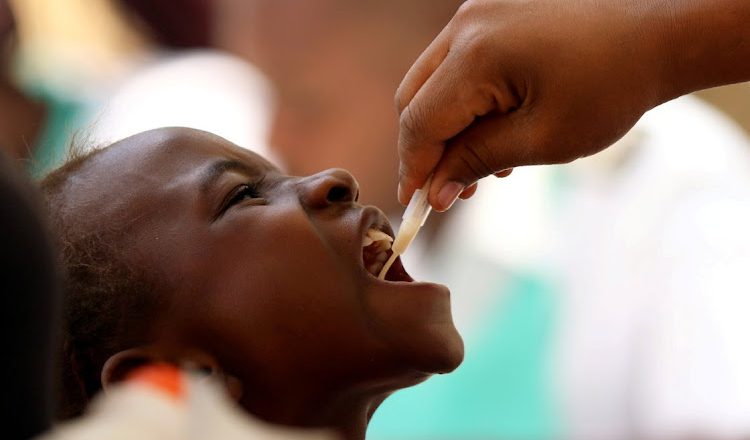Zimbabwe has initiated a comprehensive door-to-door cholera vaccination campaign, aiming to provide protection to over two million people in a crucial effort to curb the spread of the waterborne disease.
The ongoing cholera outbreak, which began early last year, has inflicted a significant toll, with more than 21,000 suspected infections and over 400 fatalities, half of which involve children. Health authorities have identified 26 districts as epicenters of the disease and are focusing their efforts on these areas.
In partnership with various UN agencies, this ambitious vaccination initiative is targeting Zimbabweans aged one year or older. The campaign is designed to reach vulnerable communities directly in an attempt to swiftly contain the outbreak.
Cholera, a highly contagious waterborne disease, has been a persistent concern in the southern African region. Since the onset of the epidemic early last year, it has caused over 188,000 infections and claimed more than 3,000 lives. The impact has been most severe in Zimbabwe, Mozambique, and Zambia, according to the United Nations Office for the Coordination of Humanitarian Affairs (OCHA).
This targeted vaccination drive represents a critical step in controlling the cholera crisis, and health authorities are optimistic about its potential to mitigate the impact of the disease in the identified districts. The door-to-door approach ensures that even remote and underserved communities have access to vaccination, addressing a crucial aspect of disease prevention and control.
As the campaign progresses, authorities emphasize the importance of community cooperation, urging residents to actively participate and take advantage of the vaccination services provided. This collaborative effort is essential to building resilience against cholera and safeguarding the health of vulnerable populations.
The door-to-door cholera vaccination initiative aligns with global health strategies to combat waterborne diseases, and its success will not only protect millions of Zimbabweans but also contribute to regional efforts in tackling this persistent public health challenge.
- Tags: cholera, vaccination, zimbabwe





